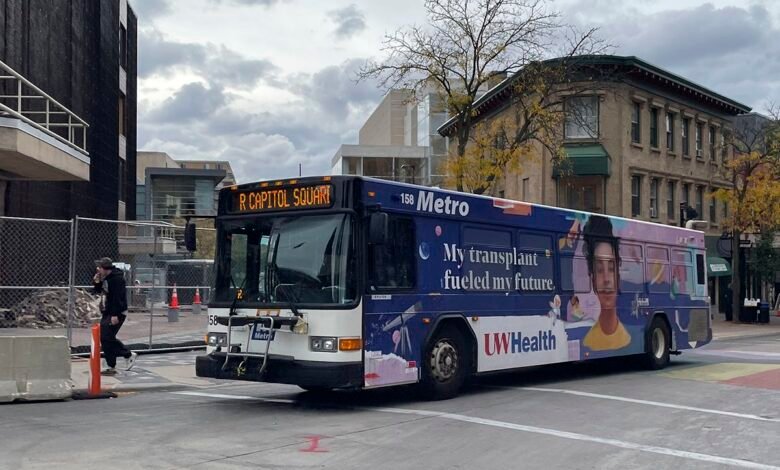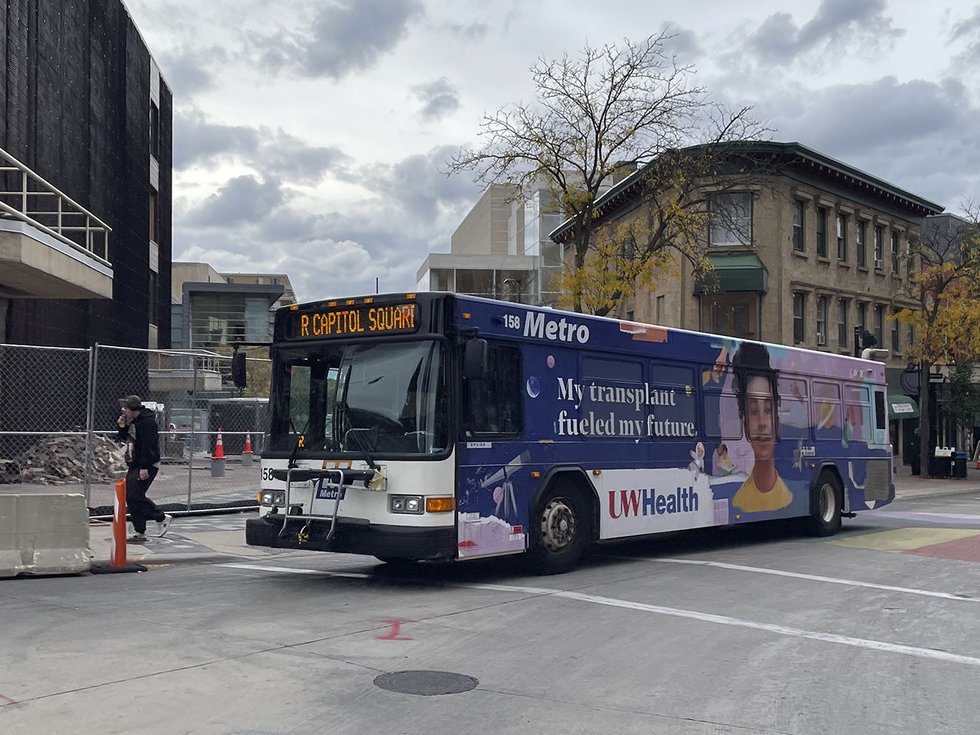City of Madison workers urge passage of budget referendum – Isthmus


Madison, a city with more than 3,000 city employees, could see the elimination of at least 18 positions if a Nov. 5 city budget referendum to increase the property tax levy does not pass, according to an executive operating budget summary from the mayor.
Last week Mayor Satya Rhodes-Conway announced two proposals for the city’s 2025 operating budget — one assumes the city passes the $22 million referendum and the other assumes the measure fails, with $5.6 million in proposed cuts across city departments.
Most of the positions that would be eliminated under the latter proposal are currently vacant, Rhodes-Conway says in her summary of the $431.7 million budget. But the city is already operating with fewer employees than it needs, she argues.
“We have 10% fewer employees per capita than we did in 2011,” she writes, “and we continue to have service demands that cannot be met because we do not have sufficient staff.”
AFSCME Local 6000, which represents city workers, announced in a news release last week it supported the referendum. President Gregg Gotzion warned that if the referendum fails, the budget cuts “would exacerbate the shrinking staffing levels Madison has experienced over the last 15 years, which has led to taxpayers waiting longer for the services they deserve.”
Rick Marx, the former president of AFSCME Local 6000, says in an interview that cutting city jobs would shift more work onto other city employees, who will not be compensated for the extra work.
“The possibility of losing positions means that there is a lack of the stability that typically attracts people to public employment,” he says. “Not only good wages and benefits that have eroded over the last decade, but now we’re also talking about losing positions even if they’re vacant.”
The cuts would impact civilian positions in the police department, the building inspection unit, traffic engineering, library services and Madison Metro, among other city services. City officials have warned that the cutbacks would include reduced library hours, scaled-back brush pickup services, closed ice rinks, and reductions in early childhood programs. The fire department would see a funding decrease, but in her budget summary the mayor emphasized this would not affect core services.
The austerity budget also proposed the elimination of the Office of the Independent Police Monitor, which was created in 2020 in response to fatal police-involved shootings; the goal of the initiative was to impose greater oversight of the police department and create more trust between law enforcement and the public. Even if the referendum passes, Rhodes-Conway’s budget proposes to cut the monitor’s office and the Police Civilian Oversight Board by $195,000.
Amelia Royko Maurer, who helped lead the fight for the Office of the Independent Police Monitor, is urging advocates to oppose cuts to the agency by writing their alders or testifying at Tuesday’s virtual meeting.
Royko Maurer acknowledges there have been “hiccups” — the first board choices for police monitor backed out after accepting the post — but says in an email to the city council that members should “acknowledge the tremendous work this past group has done to build out the department — the first of its kind in Madison and Wisconsin — and to also take into consideration that they did this uncharted work through the pandemic and other unforeseen circumstances which caused unavoidable delays in their ability to hire staff and start taking complaints.”
Madison officials say the city’s $22 million structural deficit in the upcoming year is the result of insufficient state funding, loss of revenue during COVID and the end of pandemic aid, and rapid population growth. If the referendum passes, the average homeowner would see an annual property tax increase of about $230.
City leaders have long complained that the Republican majority in the state Legislature has shorted Madison the funds it needs to accommodate growth. The mayor says Madison gets 18 cents back for every dollar it pays to the state under the shared revenue model, and while the average city gets $195 per person, Madison receives $29.
“Although the city benefits from strong growth, with an average annual population growth of 3% since 2021, the property tax levy is restricted by state law to around 2% growth per year,” she says in the budget summary. “This allowable increase doesn’t even keep up with the city’s growth, let alone the rate of inflation, which has averaged about 5% over the same time period.”
City spokesman Dylan Brogan says the mayor’s goal is to reduce the impact on current employees as much as possible, and that the targeted positions, while vacant now, are still important.
“We need more city employees as Madison grows,” he says. “We need more plow drivers, more librarians. And we should be able to do that, but because of policies at the state level we’re not able to meet the demands of a growing city.”
The finance committee is scheduled to meet Oct. 14-15 and Oct. 28 to review the budget. The city council is expected to hold hearings and vote on the budget Nov. 12-14.



